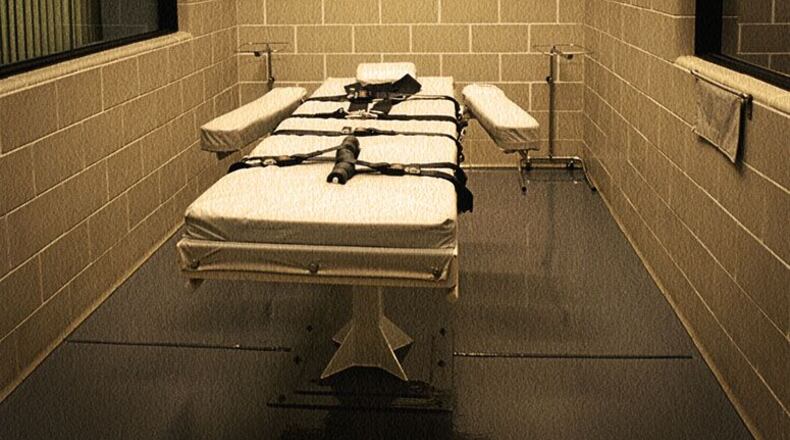Not since Democrat Mike DiSalle spared six death row inmates in the early 1960s has an Ohio governor spared so many killers during periods when the state had an active death chamber. DiSalle allowed six executions to proceed.
Democratic Gov. Richard Celeste commuted eight death sentences just days before leaving office in 1991, but none of those inmates’ executions was imminent.
Kasich “appreciates the gravity of this authority and therefore carefully considers these cases to make decisions that further justice,” said spokesman Jon Keeling.
Kasich’s immediate predecessor, Democratic Gov. Ted Strickland, commuted five death sentences and allowed 17 executions during his four-year term.
Ohio resumed executions in 1999 under Gov. Bob Taft after a 36-year gap. Taft, a Republican, allowed 20 executions to proceed and spared just one inmate based on concerns raised by DNA evidence not available at the time of trial.
Nationwide, governors have spared 288 death row inmates since the U.S. Supreme Court upheld the constitutionality of capital punishment in 1976, with a handful spared each year over the past decade. That doesn’t include mass clemencies in states — such as New Jersey in 2007 — where the death penalty was abolished and entire death rows were emptied.
Sparing inmates is not the political death knell it might have been in decades past, thanks to concerns about innocence raised by DNA testing and the role of severe mental illness on some offenders’ behavior.
“Kasich’s decisions to commute reflect a societal shift away from an unquestioning belief in the value of the death penalty or at least the value in every case,” said Lori Shaw, a University of Dayton law professor.
Strickland said he doesn’t think he paid a political price for his commutations, which he tried to use “as judiciously and appropriately as I could.”
Taft said he’s now opposed to capital punishment except in the most severe cases, such as acts of terrorism, multiple victims or the killing of a police officer.
He also backs findings of a state Supreme Court commission that recommended against the death penalty for inmates suffering severe mental illness at the time of the crime, and in cases where a homicide was committed during other crimes such as burglaries or robberies.
“The climate is a little different in regard to the death sentence today,” Taft said. “Governors have more latitude or leeway to consider a number of factors that may not have been considered in prior times.”
___
Andrew Welsh-Huggins of the Associated Press contributed to this story.
About the Author
